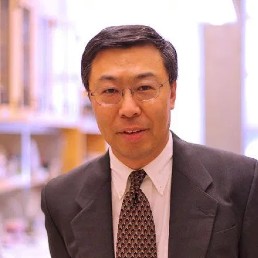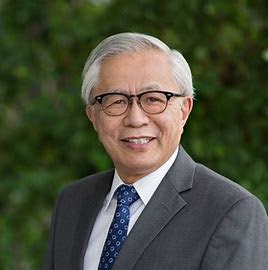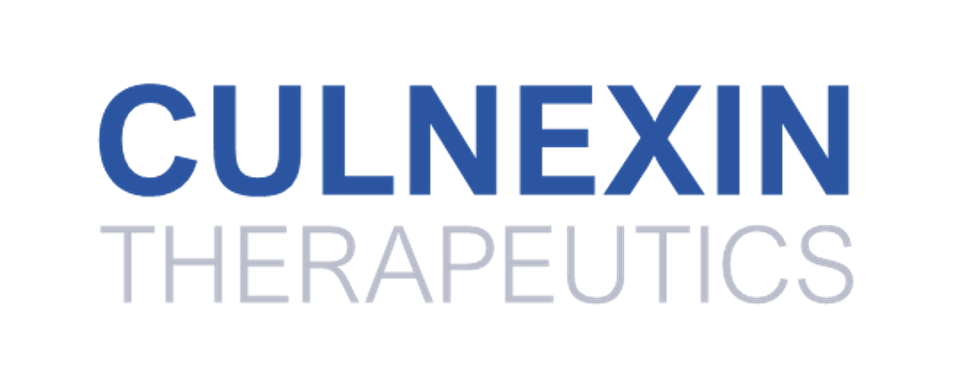At Culnexin Therapeutics, we are developing small molecule therapeutics against a novel target (‘oncogenic’ ubiquitin ligase), with applications in targeted/precision oncology as well as in combination therapy. The intellectual property is derived from over 20 years of research carried out at the laboratory of Dr. Pengbo Zhou, considered a leading expert on ubiquitin ligase biology at Weill Cornell Medicine, New York. Agents targeting the oncogenic ubiquitin ligase have been shown to selectively kill tumor cells, or sensitize tumor cells to cytotoxic killing by chemotherapeutic agents, and may overcome patient resistance to chemotherapeutic drugs.
Culnexin inhibitors are currently being investigated in the following therapeutic areas and indications.
Culnexin Therapeutics is led by a team with expertise in world-class research, technology commercialization & drug development.

Pengbo Zhou, PhD

Suman Lal, MD, PhD, MBA

William Chin, MD

Scott Eliasof, PhD
Dr Pengbo Zhou is currently a Faculty Member at the Department of Pathology and Laboratory Medicine, Weill Medical College of Cornell University, and is considered a world-leading expert on ubiquitin ligase biology. Research in the Zhou lab focuses on dissecting the physiological and pathological functions of ubiquitin- dependent proteolysis, and developing chemical inhibitors of ubiquitin ligases as novel therapeutic agents. The Zhou laboratory employs a combination of chemical biology, biochemistry, cell and molecular biology, mouse genetics, and human pathobiology approaches to interrogate the ubiquitin ligases as potential targets for therapeutic intervention. Dr. Zhou is also a faculty member in the Tri-Institutional (Weill Cornell Medicine, Rockefeller University and Memorial Sloan Kettering Cancer Center) PhD program in Chemical Biology.
Dr. Suman Lal is an entrepreneur with background and interests in the area of technology commercialization. He was previously the founding CEO at DeckTherapeutics (acute omega-3 therapeutics), and Mirakel Technologies (dynamic electrochemistry-based applications in cosmetics), and co-founded Scientific Innovations, a start-up studio between Singapore and New York. Suman has an MD in clinical medicine, MSc in human genetics, and did his PhD on personalizing chemotherapy regimens in breast cancer patients based on their genetic constitution. He attended MIT as a Sloan Fellow, receiving his MBA with a focus on innovation and global leadership.
Dr. William Chin is the Bertarelli Professor of Translational Medical Science and Professor of Medicine Emeritus at Harvard Medical School (HMS). Dr. Chin is formerly EVP for Science and Regulatory Advocacy and CMO at Pharmaceutical Research and Manufacturers of America (PhRMA). He was the Executive Dean for Research at HMS and worked at Eli Lilly and Company last as Senior Vice President for Discovery Research and Clinical Investigation where he oversaw development of >130 drug candidates. Dr. Chin is a Harvard-trained endocrinologist and longstanding faculty member. He was Chief of the Genetics Division in the Department of Medicine at Brigham and Women’s Hospital, a Howard Hughes Medical Institute Investigator and Professor of Medicine at HMS. He has been honored with numerous awards for research, mentorship and leadership. Bill received his A.B. in Chemistry from Columbia University and his M.D. from HMS.
Dr. Scott Eliasof is an expert in early-stage drug development, having worked on multiple early and mid-stage drug candidates. Previously, Scott was Senior Vice President of Research at Frequency Therapeutics, a clinical stage regenerative medicine company focused on hearing loss and multiple sclerosis. Before that, Scott was Chief Scientific Officer of Cerulean Pharma, a clinical stage oncology-focused nanomedicine company, where he led all stages of research from discovery through clinical development, including platform development, discovery chemistry, analytical chemistry, DMPK, pharmacology, non-clinical toxicology and translational research. Prior to joining Cerulean, Scott was the director of the Chemical Biology Platform at the Broad Institute, directing a multi-disciplinary team of professional scientists and technicians in the fields of synthetic chemistry, analytical chemistry, high-throughput screening, computational science, and software engineering. Scott also worked as a senior scientist at Millennium Pharmaceuticals and Neurocrine Biosciences. Scott received his Ph.D. in neuroscience at UC Berkeley, and his B.S in electrical engineering at MIT.
